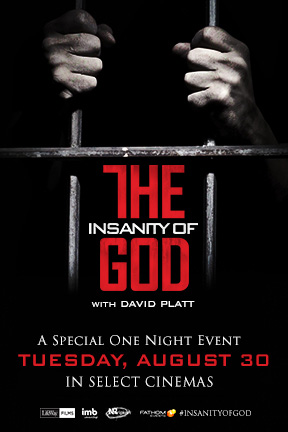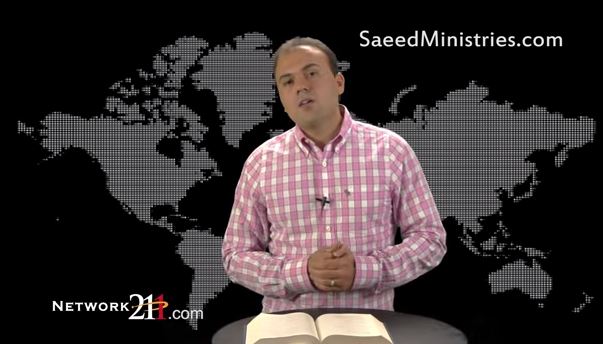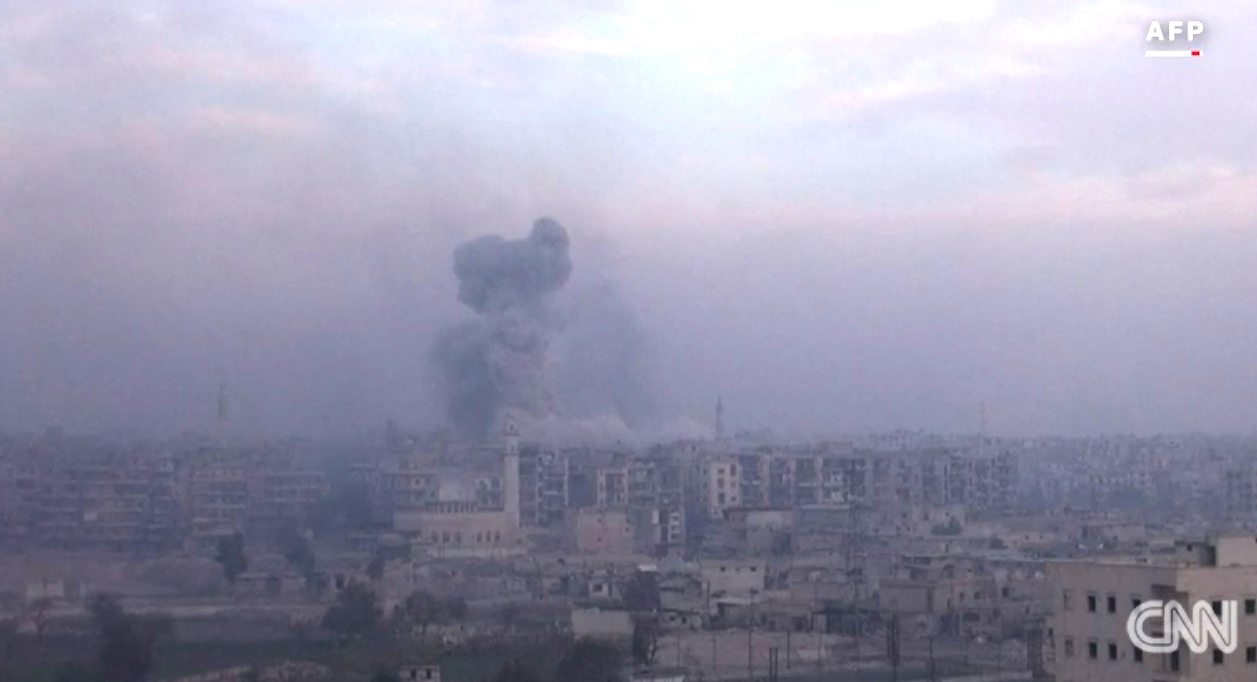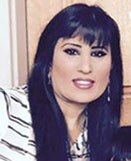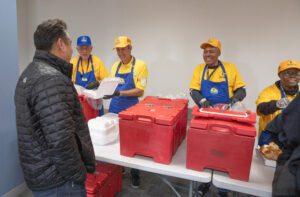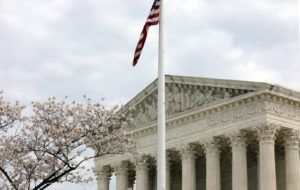
AGATU, Nigeria (BP) — A weakened Boko Haram is finding new life by empowering Muslim Fulani herdsmen in attacking farmers — many of them Christian — and taking their farmland in communities across the nation, Nigerian relations expert Adeniyi Ojutiku told Baptist Press.
“There is every suspicion that the same people that are behind Boko Haram, which are these Islamic leaders, are the same people that are supplying the Fulani herdsmen with arms and ammunition,” Ojutiku told BP. “To replace [Boko Haram], they have empowered these nomadic herdsmen with weapons, with arms, and ammunition to invade every nook and corner of the entire country.”
The nomadic herdsmen, who for years have violently taken farmland to graze their cattle, have intensified their attacks with the aid of Boko Haram terrorists who are working to establish strict Sharia law across Nigeria, Ojutiku told BP.
“What they do is they pretend like they are herding cattle from one location to another,” Ojutiku said, “but in the process they are attacking villages, killing people, destroying the livelihood of the people. A lot of the people are farmers, and therefore they herd cattle to eat up all these farms, and when the people resist … they kill the people and occupy [their land].”
Fulani herdsmen attacks have become more prevalent this year, reaching the country’s Middle Belt and southern region, as a multinational military force continues to push back Boko Haram and free captives from Boko Haram hideouts.
The increased aggression threatens civil war, Ojutiku said.
“It’s no longer restricted to the northeastern part of the country. It’s has become completely, as far south as the [Gulf of Guinea],” Ojutiku said. “What they are trying to do is provoke war in Nigeria, because the local people eventually will rise up and resist these attacks. That is what they are trying to provoke, but … the southerners know that in the final analysis of the war breaking out, they will be the losers.”
Ojutiku and others speculate that Nigerian President Muhammadu Buhari, himself a Fulani who employs others to care for his cattle, has an Islamic agenda that favors Fulani over farmers.
“He is not a neutral, passive observer of what is going on. Before he became president he was the grand patron of the Fulani herdsmen organization,” Ojutiku said. “The federal government headed by Buhari has an Islamic agenda, and therefore there will not be a fair carriage of justice in the process. So eventually, Nigeria will be Islamized, which has been their goal.”
Buhari claims impartiality. In an April 28 interview on BBC World News’ Focus on Africa, Buhari spokesman Garba Shehu said the president the previous night ordered troops to protect farmers and their land.
“The president is not taking anything personally,” Shehu said. “He takes this as a national assignment. He has asked the troops, go in there, do everything to root out all these gross acts terrorizing innocent people, whether they are Fulani or others.
Buhari contends he cannot be blamed for the longstanding feud between the herdsmen and farmers.
“This problem … has been with the country for several years, so the fact that it has manifested, one or two or three times, does not mean it is the president who is responsible for this,” Shehu said.
Herdsmen in their latest attacks killed at least 27 farmers April 25 in three predominantly Christian villages in the southeastern state of Enugu, Morning Star News reported.
In February in the Middle Belt, heavily armed Fulani massacred farmers and displaced thousands of others in an onslaught of attacks and remained in Benue to graze thousands of their cattle on cultivated land, Morning Star News reported March 11. Farmers affected are members of the Agatu tribe, a group of about 154,000 farmers, 81 percent of whom the Joshua Project estimates are Christian.
After the April 25th attack, Anglican archbishop Emmanuel Olisa Chukwuma issued a press statement of the possibility of civil war.
“What happened in Agatu is again being spread to other areas, and this is breeding serious civil war that is very much in breach of peace in this country,” Morning Star quoted Chukwuma. “We don’t want war, but the way things are happening, if care is not taken, there is going to be another war which nobody can avert. It is either Nigeria must be one, or we disintegrate and go our ways.”
In addition to ordering troops to the area, Buhari has asked the National Economic Council committee of 36 state governors to find solutions to the violence, Shehu told BBC.
“We expect that incidents like this in Enugu will soon be a thing of the past,” Shehu said.
Among possible solutions Buhari proffered this year is the government setting aside land for herdsmen to graze their cattle, but Ojutiku said such a plan would amount to a forced buyout and displace farmers whose families have owned the land for generations.
“He is saying that the Fulani people have the right to claim any land, and once they claim the land … the original owners of the land, the cultural owner of the land … will have to give up the land,” Ojutiku said. “And people don’t want to give up their land. … What he is doing is promoting one tribe against 250 other tribes in Nigeria. And now he is making sure that the Fulani have land all over the country.”
The 2015 Global Terrorism Index blamed Fulani herdsmen for 1,229 deaths in 2014, a sharp increase from the 63 deaths the GTI found they committed in 2013.
Killings of Nigerian Christians increased 62 percent between 2014 and 2015, according to the February report “Crushed But Not Defeated,” from the Open Doors religious freedom ministry and the Christian Association of Nigeria. Northern Nigeria Christian communities suffered at least 4,028 murders and 198 church attacks in 2015 from Boko Haram, Muslim Fulani herdsmen and others in 2015, compared to 2,484 killings and 108 church attacks the previous year, the report said.
In its attempt to reportedly establish strict Sharia law across Nigeria, Boko Haram has killed an estimated 20,000 Christians and others since 2009.


